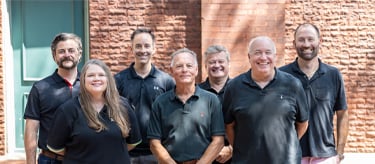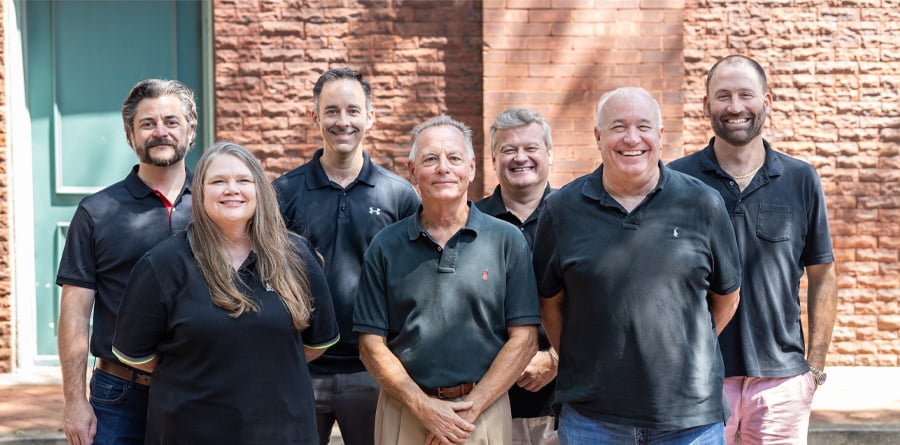Self-driving cars have a while to go before they can be deemed road-ready according to a report from the Rand Corporation. Many drivers in Kentucky would agree, especially when they consider the history of these vehicles. In May 2016, one man died when his Tesla, which was on Autopilot, crashed into a truck. In March 2018, a self-driving Uber vehicle fatally struck a pedestrian in Arizona.
Automakers continue to rush in their efforts to make self-driving cars road-ready. The Rand report says that these vehicles must be tested for millions or possibly billions of miles before they can be deemed safe. To complete that much testing with existing fleets would take decades or centuries.
So far, the most test-driving miles that any developer of self-driving car tech has been able to achieve is 10 million in the real world and 7 billion on virtual roads. That developer is Waymo. However, the Rand report suggests even this number is insufficient. It also emphasizes the fact that many variables must be tested; it is not enough to simply drive the vehicles around.
Nvidia has announced a simulation platform called Drive Constellation that may come close to fulfilling Rand’s expectations for a rigorous testing regime. It will allow develops to test variables like weather, the angle of the sun, road conditions and pedestrian behaviors.
Those who get in a car accident with a self-driving vehicle may wonder how liability will be determined. Since the process of filing a claim against the driver of an autonomous vehicle or the maker of one can be complicated, victims may want a legal consultation. A lawyer might hire investigators to gather proof of negligence and medical experts to measure the extent of injuries. The lawyer may then be able to negotiate for a reasonable amount in damages.



